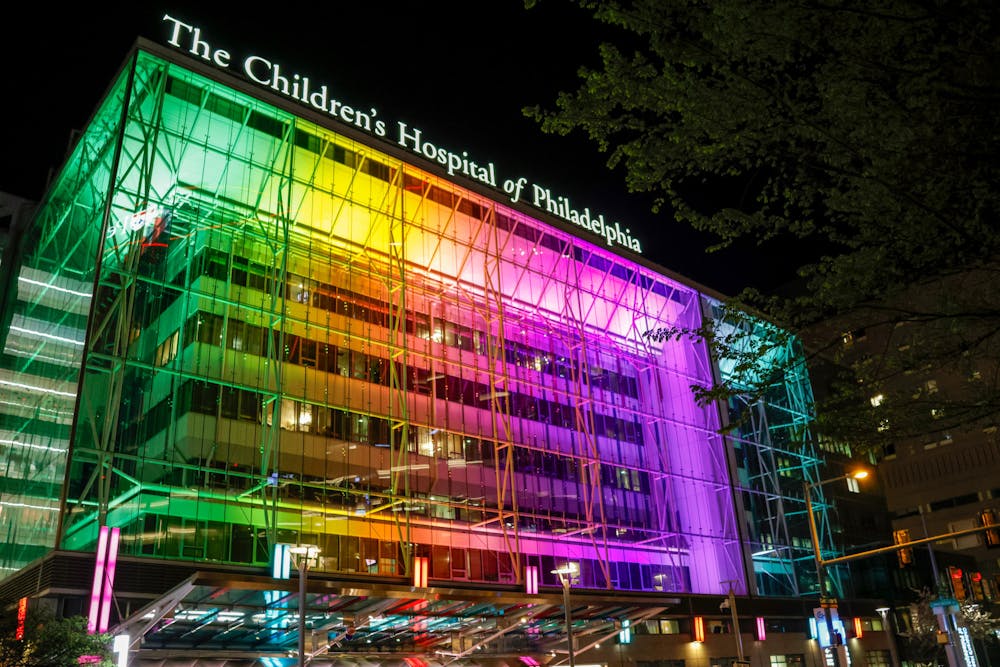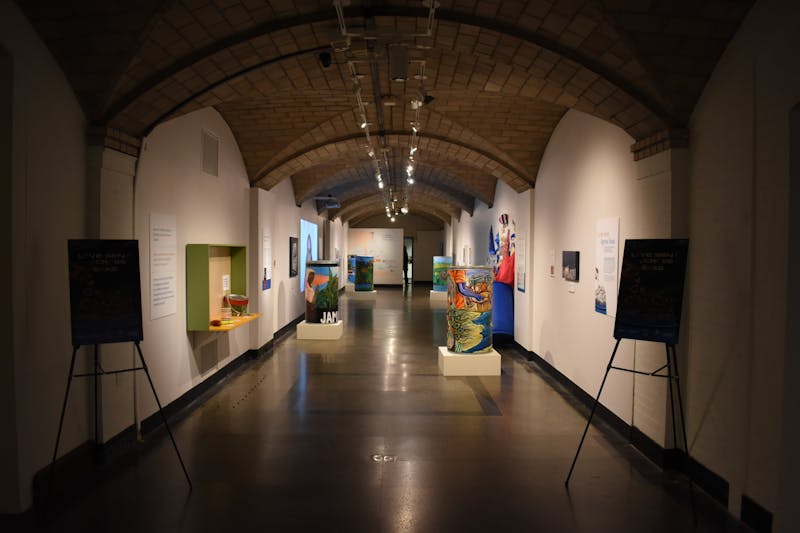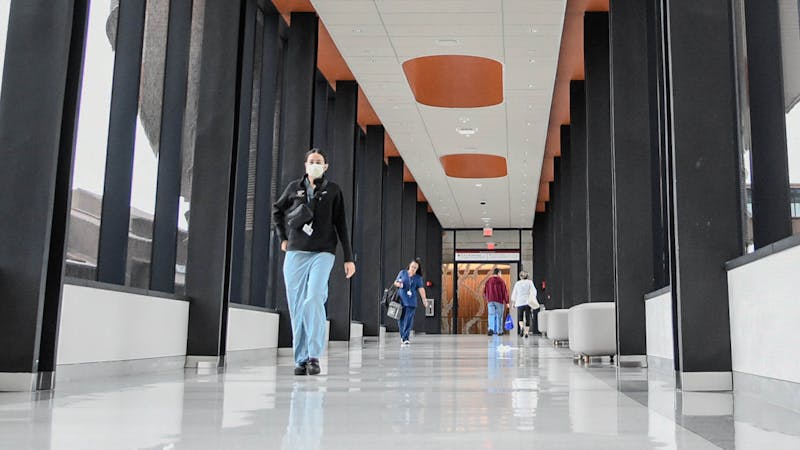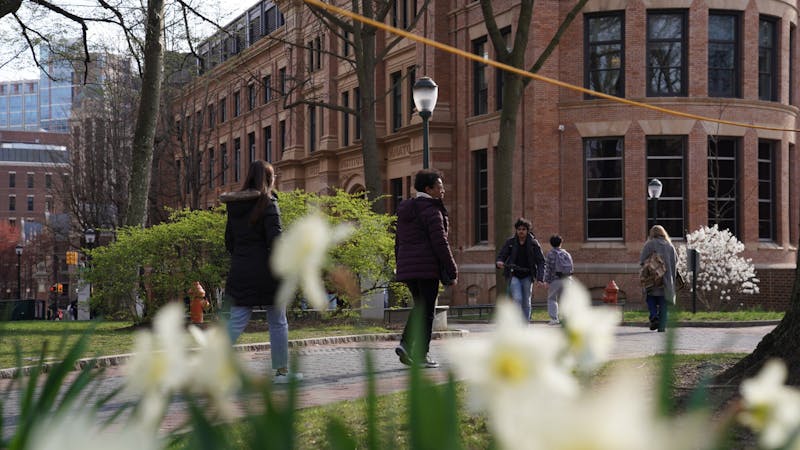Medical tourism has occurred for as long as travel and trade. Throughout the ages people have traveled great lengths to receive the best care possible, from Vikings and Romans visiting the hot springs of Bath, to travel for treatment in the Ottoman Empire. In the modern day, when the phrase “medical tourism” comes up, it often evokes imagery of cosmetic surgery in countries where treatment is either more advanced or cheaper. However, it more commonly refers to international travel for medical treatments unavailable or much more expensive in travelers’ home countries.
Among other countries across the globe, the US is a popular destination for visitors seeking healthcare. Philadelphia, in particular, has become a capital of medical tourism. Boasting 37 hospitals that offer long term and intensive care, it is only natural that it has become a popular destination for people from all over the world to visit for care. With world class facilities and doctors, travelers hail to the city and surrounding areas in order to receive care.
One of the most popular destinations for medical tourists in Philadelphia is the Children’s Hospital of Philadelphia (CHOP), ranking fourth nationally for pediatrics in US News’ “Best Children's Hospitals Honor Roll” list. CHOP also provides a number of services to support international patients in navigating their care and the US Healthcare System through a Global Patient Services Team. Furthermore, CHOP has a number of interpreting services for those who may require translation.
Philadelphia is especially popular among Gulf Cooperation Council (GCC) nationals. Agreements between American hospitals and these countries facilitate this medical tourism. In May of 2024, Qatar’s Sidra Medicine announced that they had signed a memorandum of understanding with CHOP’s Cellular Therapy and Transplants Section (CTTS) to outline their collaboration on the development of the first pediatric bone marrow transplant program in Qatar.
While the medical infrastructure and systems of many countries are improving, governments may still encourage citizens to travel abroad for specialized treatment unavailable within the country. Many medical tourists receive aid from their governments to travel to the US for treatment.
“My government gives me all the support I need,” says Muna, an Emirati citizen visiting Philadelphia for her son’s treatment at CHOP.
The UAE currently has a strong medical infrastructure, with free or low cost public healthcare, along with a wide variety of private healthcare options for citizens. Forcitizens of the UAE, if a treatment is unavailable in the country, the Ministry of Health and Prevention, along with the diplomatic mission of the country of treatment in the UAE, provide support for those seeking external medical treatment. The UAE has further developed a program called “Twajudi” as a means of contact with citizens abroad in cases of emergency.
Regarding her experience as an international patient, Muna says “Everything is easier and we have more respect." She has sought out treatment in Philadelphia because CHOP “is the best in bone surgery." She has had a positive experience coming to Philadelphia for her son’s treatment, describing the healthcare as “excellent." There are many cases just like Muna, with large numbers of medical tourists hailing from the countries of the GCC such as Qatar. Qatar, similar to the UAE, has a strong healthcare system with heavy subsidization, but citizens may travel abroad for more specialized care.
Accordingly, CHOP receives a significant number of Qatari nationals as patients. Underscoring this relationship, CHOP’s website has a specialized page on their website to direct their Qatari patients to different medical resources. Specifically for Qatari tourists, CHOP goes beyond support in the hospital, also offering recommendations on possible places of worship, along with shopping spots for Qatari citizens to consider on their “Pediatric Care for Qatari Families” page. They aim to make patients feel at home, enhancing their patient experience.
Another resource available to International patients seeking treatment in Philadelphia is Penn Global Medicine. They offer “Language and Cultural Services” to patients to help them adjust to Philadelphia during treatment, along with offering an option for a remote second opinion to come up with the best possible care plan tailored to patients’ needs.
Further organizations providing support for International patients include Philadelphia International Medicine, an organization responsible for connecting international patients to services in its seven member hospitals in Philadelphia. This organization was primarily utilized by Middle Eastern patients, who made up 70% of their clientele in 2018. Other regions with high rates of outward Medical Tourism to the US include the Caribbean, Europe, and Central America.
Medical tourism has appeared to have a positive effect on Philadelphia’s economy, as many patients stay in Philadelphia and neighboring regions for long periods of time, contributing to the economy through visiting restaurants, cinemas, and other venues of entertainment, while also receiving care and generating revenue for Philadelphia’s healthcare systems.
Despite the positives of medical tourism, there still are drawbacks associated with the industry. There may be discrepancies in accreditation from country to country, and it may be easier to contract diseases with travel, especially if recovering from an ailment or surgery. Furthermore, medical tourism may create problems with continuity of medical care, especially since, when treatment is over, patients return to their home countries. If complications arise after treatment and return, it may be difficult to get the care needed in a timely manner due to distance. These problems, along with language and cultural barriers may cause potential medical tourists to hesitate to travel for care.
Medical tourism seems to have an overall positive impact on patients and the cities they travel to. Patients may receive specialized care that may not be offered, or too expensive, in their home countries. Local economies benefit from the tourism, and locals of the host countries may be encouraged to pursue healthcare. Medical tourism may therefore have a life changing impact on patients and local communities.
While the medical tourism business is currently booming, it took a hit at the height and aftermath of the COVID-19 pandemic, with Philadelphia International Medicine shutting down in July of 2022 after 23 years of service. In response to this, the partner hospitals of the organization, including Temple Health and Jefferson Health, have set up their own avenues of connecting patients to doctors. Currently, Jefferson Health provides non-English speakers with free language assistance services, and Temple Health has an Office of International Medicine.
This process is little known by the general public, yet it has great importance to the nation, with the medical tourism market of the US being valued at around 7.75 billion USD in 2023. Due to the availability of highly specialized treatments in the US, and specifically in Philadelphia, this number only seems set to increase and is projected by Grand View Research to grow at a compound annual growth rate of 13.02% between 2024 and 2030. Medical tourism to the US isn’t just growing, so is outward medical tourism, with millions of Americans traveling abroad for care every year.
Whether for healthcare with higher specialization, or more affordable costs for essential procedures, medical tourism only seems to be on the rise. For many, like Muna, medical tourism provides an alternative opportunity for life-changing and life-saving treatments they would have otherwise been unable to receive.






